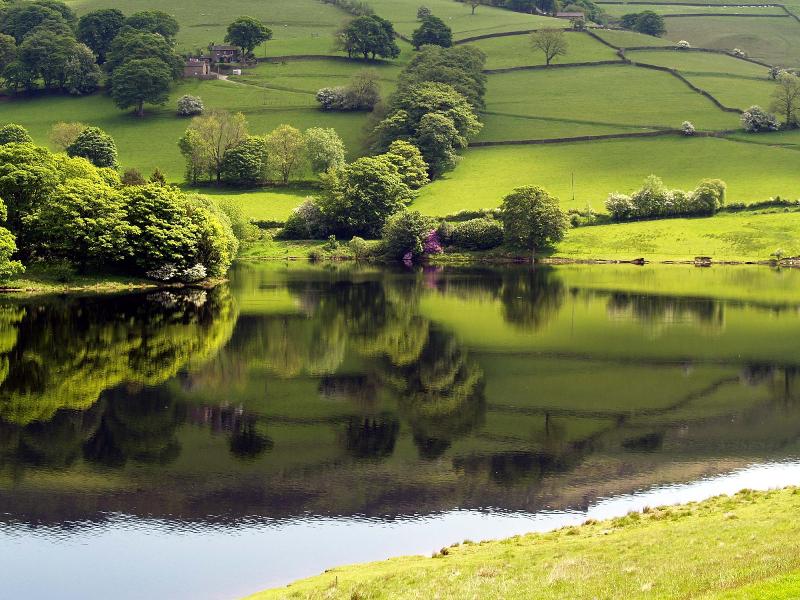Factors include reduced visitor numbers at countryside attractions such as stately homes and camp sites, reports The BBC.
Meanwhile, some country events were cancelled due to bad weather.
Gary Rogers runs Yorkshire Dales Ice Cream but his fleet of vans have spent too much time in the yard.
His on-farm dairy has tubs stacking up in the freezer. When customers shiver profits melt away.
“It’s been a catastrophic year, worse than anybody’s known,” he said. “We’re 50% down on last year and last year was worse than the one before.”
His personal experience is backed up by wider research. Information from tourist bodies like the National Trust, English Nature, Historic Scotland and the Camping and Caravanning Club shows visitor numbers down by up to 12%, cutting income by an estimated £478m.
A huge number of events have been cancelled too, from flagship gatherings like the Game Fair and the Great Yorkshire Show to smaller county shows and music festivals.
The Country Land and Business Association has put the bill for this at £240m, though this has not been included in Countryfile’s total due to the difficulty of judging the overlap with the overall drop in visitor numbers.
Rotting crops
Gary’s wife, Mandy Rogers, runs a beef herd alongside the dairy. She has seen costs rise as soggy fields mean damaged hooves and rising vet bills, but the biggest slice of new spending is buying in cattle feed as it is too wet to let her cows out to pasture.
“This year was just a mud-bath really,” she says. “When they should have been eating grass, they were getting through a bale of silage a day.”
The biggest loss to farmers though is in poor yields as crops rotted and damp-loving diseases spread.
The honey business was nearly cut in half. Even without the extra feed cost for livestock farmers, which is hard to calculate, the loss to agriculture approaches £600m.
Whether it is rambling or rearing animals, the USP of rural Britain is the outdoor life and this summer that life has been hard to make pay. The bill may yet spread to shoppers as poor harvests push up food prices.


